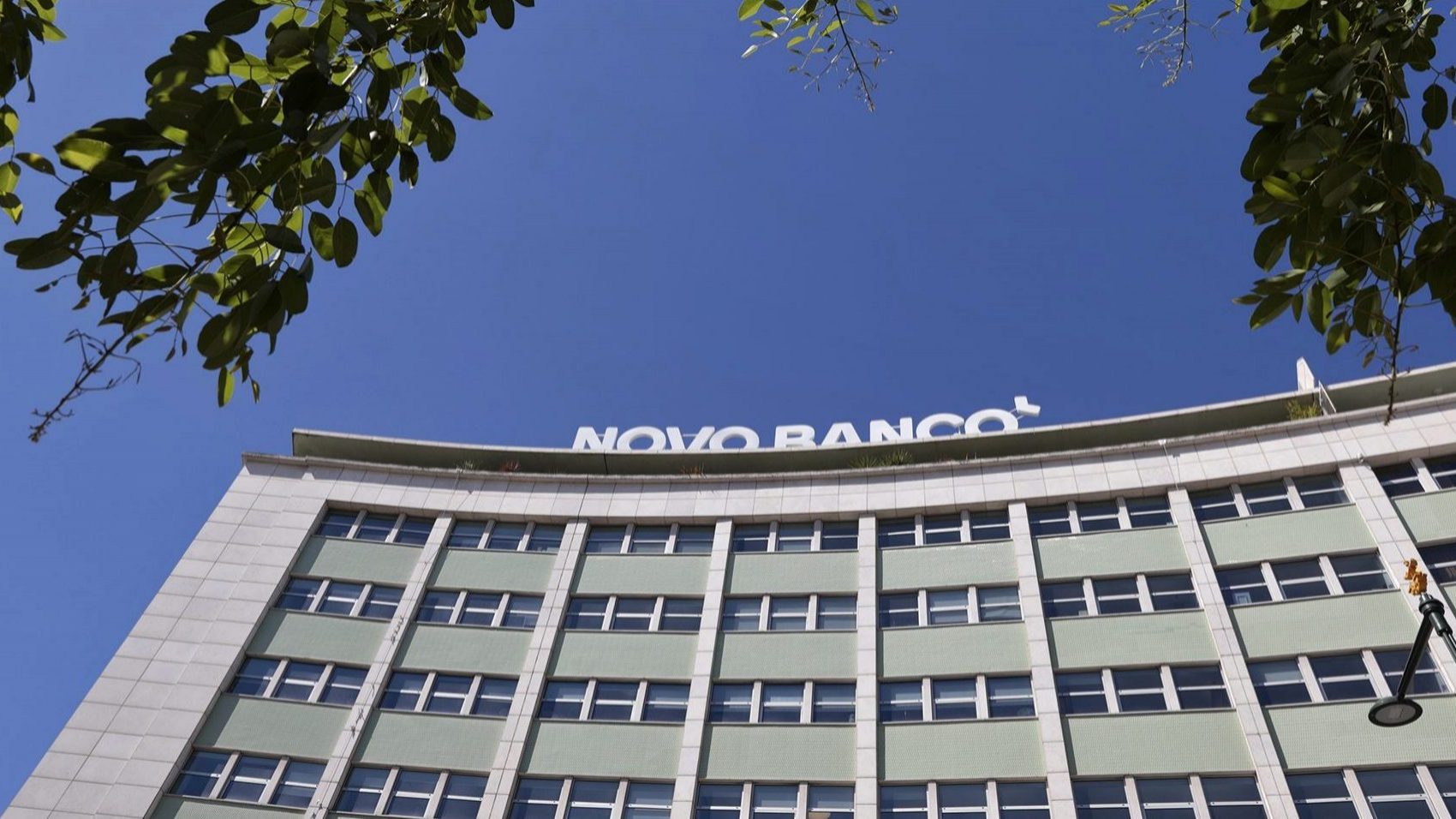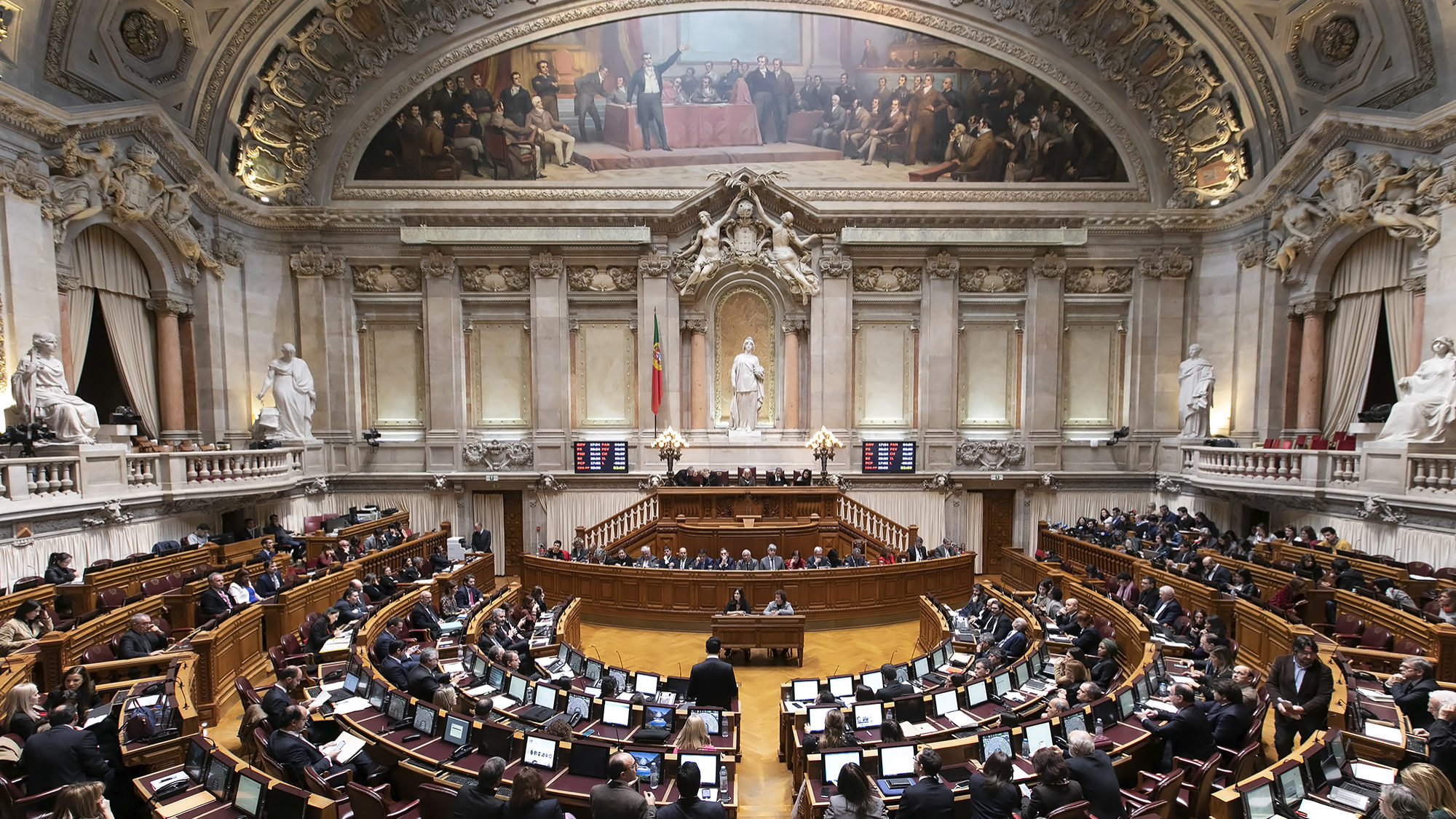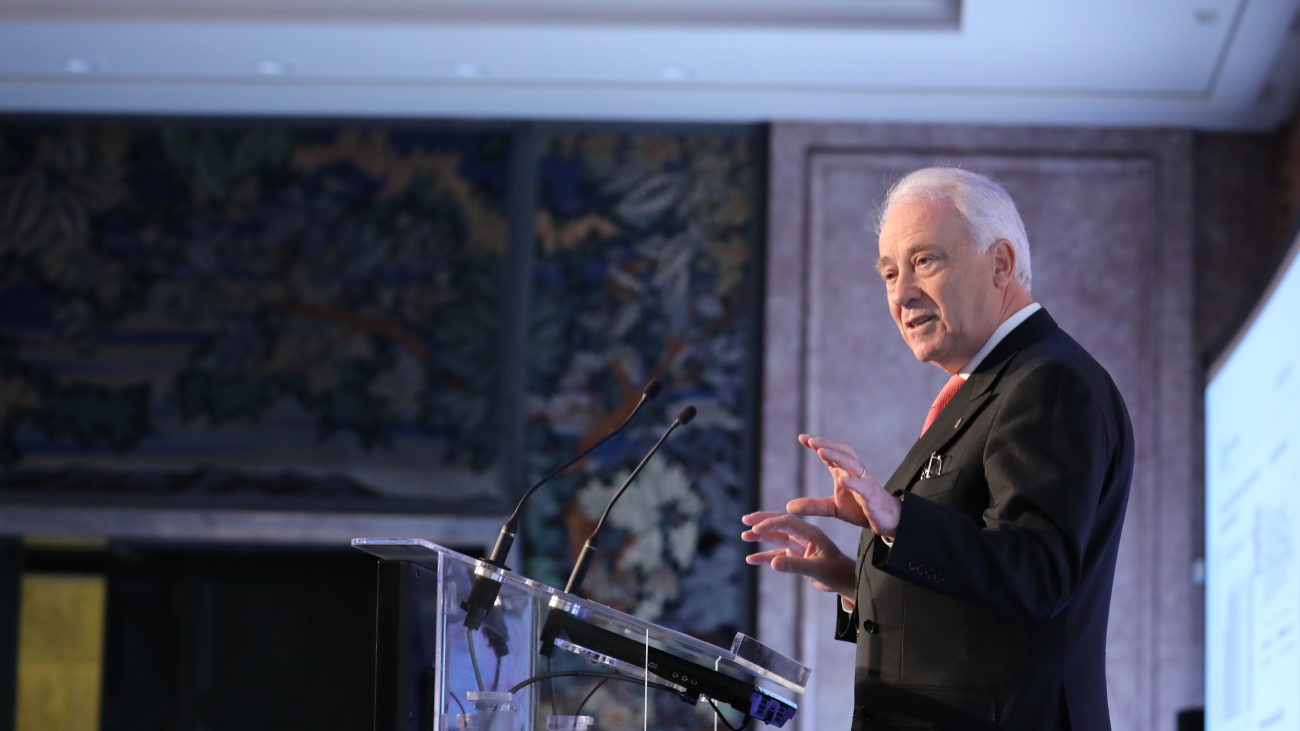No pandemic cash injections for Novo Banco – Central bank
Portugal's central bank announced that the contracts on the sale of Novo Banco do not foresee that, in adverse scenarios such as a pandemic, the state has to inject money.
The Bank of Portugal (BdP) has said that the contracts on the sale of Novo Banco do not foresee that, in adverse scenarios such as a pandemic, the state having to inject money to maintain the solidity of the financial institution.
“The contracts make no provision for any mechanism resulting in additional payments or capital injections in the event of aggravated circumstances,” according to a statement by the BdP on Tuesday.
“There will be no change to the process that, under the Contingent Capitalisation Agreement, has been followed since the payment made in 2018,” it said.
On Tuesday, the newspaper Público reported that the bank’s sale contract to the Lone Star stated that in a scenario of extreme adversity such as a pandemic, an automatic injection by the state is guaranteed to ensure the solidity of the institution if the private shareholder is unable to solve the problem, which the BdP said is false.
The supervisor explained the need to distinguish the operation of the contingent capitalisation mechanism from the safeguard called “Capital Backstop”, provided for in the European Commission Decision of October 2017, which approved the restructuring plan of Novo Banco and authorised the sale operation to Lone Star, concluding the Banco Espírito Santo resolution process.
This safeguard results from a commitment made by Portugal to the European Commission, to ensure the viability of Novo Banco, even in an adverse scenario.
It said this is a measure to which the contracts and their parts are alien, and which was provided for only in the plan of the commitments made by the state to the European Commission.
BdP stated that the existence of this measure is public since the end of 2017 and its terms can be consulted in the European Commission Decision, as well as in the Letter of Commitments of the Portuguese Republic.
According to the decision, in the extreme scenario that the contractual mechanisms are not sufficient to ensure compliance with capital ratios by Novo Banco, the bank should seek to implement measures to restore capital ratios by its means.
Only as a last resort, if none of the above options is feasible, may the state provide the capital strictly necessary to ensure compliance with the capital ratios, under the terms indicated in the European Commission Decision, in which case this will be done through capitalisation or the issue of TA1 instruments, with the inherent rights for the state, the bank said.
The minister of finance, João Leão, on Tuesday said in parliament that the state could intervene in Novo Banco as a shareholder, excluding the injection of capital under the Contingent Capital Mechanism, with a limit of 3.9 billion euros.
The CEO of Novo Banco, António Ramalho, said in an interview to Jornal de Negócios and Antena 1 that the institution will need more capital than expected for this year, given the impact of Covid-19, thus changing the estimate he had already delivered to the Resolution Fund.


